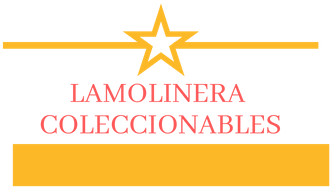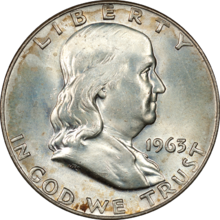We have land, and we collect wheat. If with that, we feed a family, who do nothing, my wheat will be consumed, and at the end of the year, we will not be richer than we were at the beginning. But if by feeding my family, we occupy part of it to spin, the other to make bricks and other materials to build, the price of my wheat will remain, and at the end of the year, we will be all better dressed and better housed. You can Read more about it here.
But if instead of using a man to make bricks, we play the violin for fun, the wheat he consumes goes away, and no part of his work stays in my family to increase our riches and things that are pleasing to us. We will, therefore, be made poorer by my fiddle player, unless the rest of my family has worked more or eaten less, to replace the deficit it has caused.
![]()
The Benjamin Franklin Way of the World
Benjamin Franklin was a very good student at the South Grammar School in Boston, but he has to go back to work with his father at the age of 10. But what interests young Benjamin above all are the books: “we do not remember having never been unable to read,” he says in his autobiography. That’s why his father sent him, in 1718, to work with his half-brother James, a printer in Boston, where he really began to write and read. Meetings with clients of the printing press open the doors of many libraries.
- Consider the world, and see millions of people busy doing nothing, or at least doing things that produce nothing, while one is embarrassed to procure the conveniences of life and even the necessities. What, in general, is the trade for which we fight and we slaughter each other? Is it not the cause of the fatigues of several millions of men, who run after superfluities, and often lose their lives, exposing themselves to the dangers of the sea? How much labor is not lost in the building and equipping large ships to get tea in China, coffee in Arabia, the West Indies sugar, and in North America, tobacco? It cannot be said that these things are necessary for life; for our ancestors lived very well without knowing them.
We can ask a question
Should all those who are now employed in gathering, making, or carrying superfluous things survive in the cultivation of commodities of primary necessity? I think so. The land is very large, and much of its surface is still uncultivated. There are forests in Asia, in Africa, in America, which has several hundred millions of acres; there are even many in Europe. A man would become an important farmer, clearing a hundred acres of these forests; and a hundred thousand men to clear each one hundred acres, would not make a gap big enough to be visible from the moon, unless one had the telescope of Herschel; so vast are the countries that the woods still cover.
- Another reflection and we finish this vague and long letter. Almost every part of our body forces us to some expense. Our feet need shoes, our stocking legs, the rest of the body requires clothing, and our stomach a good amount of food.
Conclusion
Although extremely useful, our eyes, when we are reasonable, require the inexpensive assistance of glasses, which can not disturb our finances very much. But the eyes of others are the eyes that ruin us. If everyone were blind, except me, we would not need beautiful clothes, beautiful houses, or elegant furniture.

